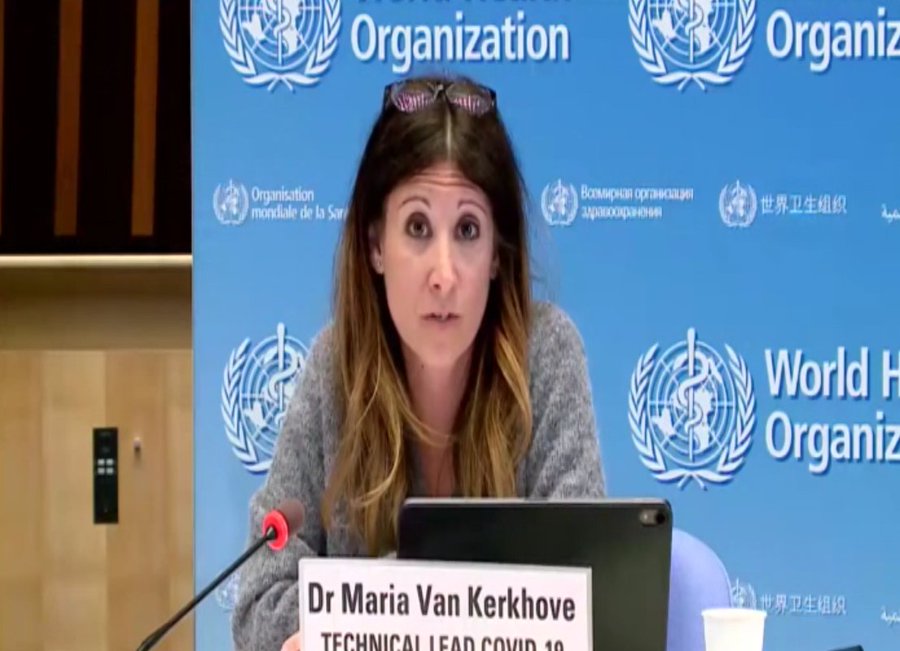The World Health Organization classified the B-1617 variant of the coronavirus that was first identified in India to be a variant of concern at the global level.
COVID-19 Technical Lead at the WHO, Dr. Maria Van Kerkhove, said Monday that the B.1.617 virus variant that was first identified in India had been classified as a variant of interest by the WHO.
The team of WHO and the Epi team has been looking into the discussion with WHO virus evolution working for the group this variant and everything that we know about related to its transmissibility and about the studies that are being conducted in India as well as in other countries where this virus is spreading.
She said, our Epi team and our lab teams in consultation with the virus evolution working group are internally working and have found that there is some available information to suggest the transmissibility increase of B-1617 like we are classifying this variant as a serious concern at the global level.
Some preliminary studies have earlier shown that there is increased transmissibility but still there is more information that is needed about this virus variant in this lineage so we need more targeted sequencing to be done and to be shared in India and other countries so that we know-how of this virus that is circulating, she said.
B1617 virus variant that was first identified in India has been classified as a variant of interest by WHO: Dr Maria Van Kerkhove, Technical lead COVID-19 at WHO pic.twitter.com/9R4sY2chsf
— ANI (@ANI) May 11, 2021
There is a need for more information on the studies that are evaluating neutralization severity and the epidemiologic studies that are underway, she added.
The WHO does not have anything to suggest that our diagnostics or therapeutics and our vaccines don’t work, but so far from the information that we have in the public health and social measures work, we need to work that much harder to control any virus variants that have demonstrated increased transmissibility, she said.
Hence, this is important and we will continue to see variants like these that will emerge as a concern around the world but we must do everything that we can to control the spread, contain the infections, prevent the spread and reduce severe disease and death with the tools that we have at hand, she added.
However, she emphasised that no matter where one lives and no matter what viruses are circulating, we need to make sure that we take all of the measures at hand to prevent ourselves from getting sick.
It’s the individual level measures, physical distancing, hand hygiene, wearing of a mask, avoiding crowded spaces, improving ventilation if you can work from home, all of the measures that are at hand and ensuring that governments provide a supportive and an enabling environment so that we can carry out measure that can keep us safe, she added.

